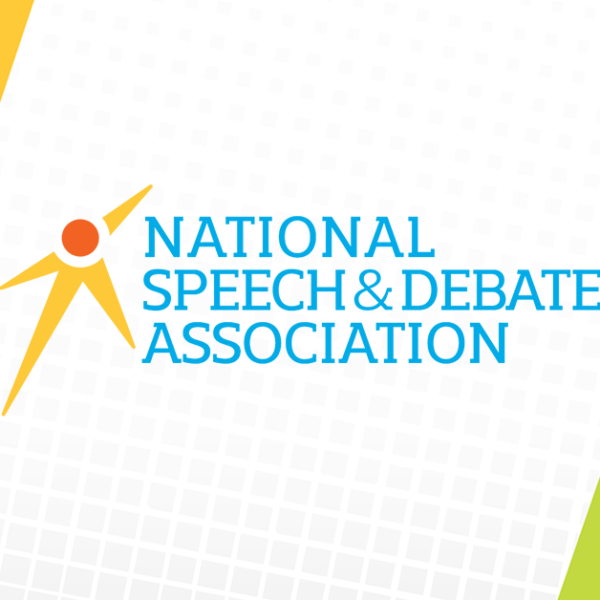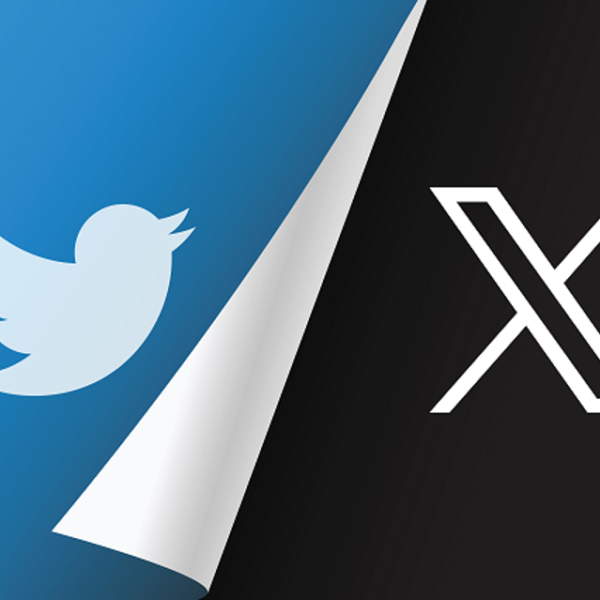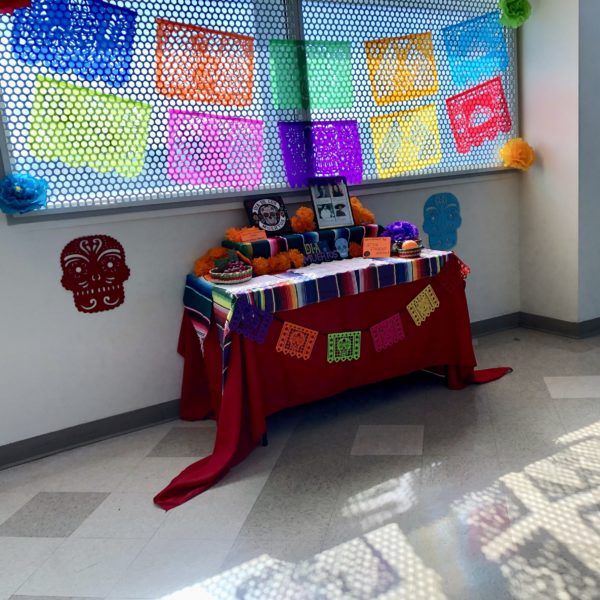
The Significance of the Month of Ramadan
by Tarisha Hasan
The holy month of Ramadan takes place on the 9th month of the Islamic lunar calendar. It is during this month that all Muslims observe a fast from before the Fajr, or early morning prayer, until after sunset and the Maghrib evening prayer. During a fast, it is forbidden to eat and drink, with increased emphasis placed on spiritual activities and self-restraint. At the end of this month, Eid-al-Fitr is observed as a celebration and festival for enduring the month-long fast, which can be 29-30 days, depending on when the crescent moon is sighted. This year, Ramadan took place from the evening of March 22nd to the evening of April 20th. If you want to wish someone well during this time, you can say Ramadan Mubarak, which means “Blessed Ramadan”, or Ramadan Kareem, which translates as “Generous Ramadan.“
Why is the month of Ramadan important?
The month is important because fasting during the month is one of the five pillars of Islam. Because of the abstinence from worldly things and desires until the sunset of each day, it also enables communities to unite and comfort one another as we focus on our faith. There is also a strong basis for fasting in the Islamic holy book of the Qur’an and the accompanying Hadith:

- O you who believe! Fasting is prescribed for you as it has been prescribed for those who have believed before you (Surat Al-Baqarah, 2:183)
- It was the month of Ramadan in which the Qur’an was first sent down as guidance for all people, having in it clear proofs of divine guidance and the criterion for right and wrong. So whoever among you bears witness to the month shall then fast it (Surat Al-Baqarah, 2:185)
These quotes from the Qur’an make fasting during this holy month obligatory. The Hadith is the collected traditions of the Prophet Muhammad, based on his sayings and actions. The Hadith support for this is also strong, as shown in the following quote:
- God has said: “All the works of the Son of Adam are for himself but fasting. It is for Me alone, and I shall grant reward for it.” The fast is a safeguard from the Fire. So if ever it is a fasting day for any of you, there shall be neither sexual intimacy nor angered yelling. So if another should trouble or fight someone fasting, let the faster say: “Indeed, I am someone who is fasting.” For by the One in whose Hand is Muhammad’s soul, most surely the faster’s reeking mouth is better to God than the scent of musk. For the faster, there are two joys to rejoice in: When one breaks the fast, one rejoices. And when one meets one’s Lord, one shall rejoice in one’s fasting (Bukhari, no. 1904).
Bukhari is considered to be one of the five individuals who writes the authentic Hadith, but the support for the requirement of fasting still remains strong regardless of the Hadith source. It is important to know that despite the importance of the fast, there are classes of people who are exempt:
- The elderly/disabled or those unable to care for themselves
- Those suffering from serious illness that would hamper their ability to perform the fast
- Children before puberty
The name of the month of Ramadan has its origins in the Arabic word ramad, which translates literally to “dryness”. In ancient Arab times, this lunar month would often be the most difficult to endure due to the extremely high temperatures, especially since Arabia is a desert. Although fasting is one of the main priorities of this lunar month, the real spirit of Ramadan lies in truly understanding the Qur’an and the lessons it has to teach us. What’s more, it also gives one the opportunity to relive the sending down of the Qur’an, which contains the revelation of Islam.
What happens at the end of the month of Ramadan?
The fast is completed at the sighting of the new moon. The observance at the end of the month of Ramadan is known as Eid-al-Fitr. During this festival, all Muslims go to a nearby specialized mosque service in their community in order to carry out the Eid prayer. Before the Ramadan prayer, it is required to give a donation known as a Fitrah. This obligatory donation allows those Muslims in poverty to enjoy Eid-ul-Fitr like all other Muslims. Of course, you have to at least enjoy some sweet desserts during this festival, as this day is also known as “Sweet Eid”. 
There are also plenty of social activities to do, such as gifting fellow Muslims presents, purchasing new clothes, and especially giving to those less fortunate. The main theme of Eid is giving thanks after a long month of fasting. It also centers on spending more time with friends and family. There is no set menu, but the foods should be adequately prepared and also be filling. The clothing is also an important part, because Muslim families around the world always dress their best for the occasion, often in traditional outfits.
In addition, there is also visiting the graves of relatives in order to honor and remember them. In the case of Muslim-majority countries, there are shopping sprees at special “Ramadan markets” as well as local malls. It goes even further; schools are closed as well as businesses. Flowers and decorations adorn homes, and there is a general celebration with good food and good company. This festival isn’t just one day: it can last for up to three to four days, depending on the country’s time zone and regulations. And of course, Eid-al-Fitr is celebrated differently in different countries. The similarities are all shared: the holiday is essentially a new start, regardless of who observes it or where they do it.
Personal Experience
Although the Ramadan fast is meant to be rigorous, by no means is it meant to be difficult. I find it relatively comfortable as I take proper measures to ensure adequate hydration during the morning meal before the fast. I also prioritize a relatively heavy early morning meal as the fast lasts until the evening, which would make approximately 16 hours total, give or take a couple hours. The fast isn’t just about restricting food intake for me, however. It’s also about kicking bad habits to try and better myself. Despite this, I do look forward to Eid, when we will celebrate the completion of the fast.
It’s not just about restricting food and drink. It’s also about learning to control my emotions in order to better myself. More importantly, it helps me realize that all the things that I thought were highly important are actually just trivial matters that I should not waste time worrying about. Fasting also teaches me how to be nicer to people, or sometimes just ignoring the people that aren’t worth my time. I find myself free to do other things, as well as not being obligated to go downstairs for lunch or nutrition if I carry out the fast during school hours.
In terms of physical distress, my main concern is during P.E., when thirst and dehydration are common concerns. However, I just concentrate on doing my best regardless. Many advise that athletes should be certain to let their teachers and coaches know when they are fasting so they can take it into account with regards to activities and rest as needed. Overall during Ramadan, I invest nearly all my time and energy into quickly finishing assignments. The evening meal is a typical meal that often has chickpea curry along with salad and some fruit. Overall, Ramadan seems relatively commonplace to me, but nevertheless, I look forward to Eid and the festivities.




